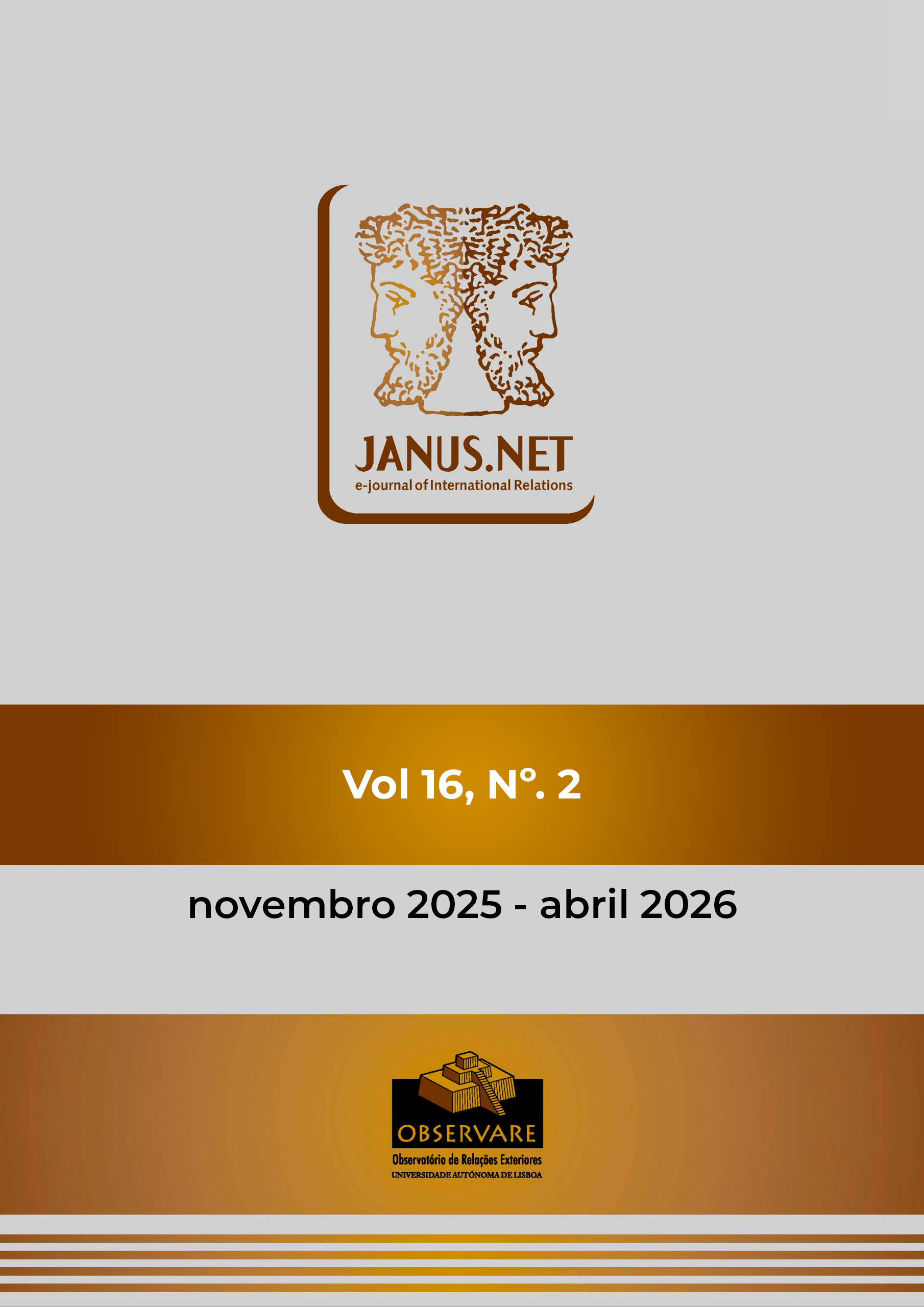EU-NIQUE PERSPECTIVES? ANALYSING CONTRASTING POSITIONS ON THE RUSSO-UKRAINIAN CONFLICT WITHIN THE EU
DOI:
https://doi.org/10.26619/1647-7251.16.2.13Keywords:
European Union, Russo-Ukrainian conflict, Member States, European Commission, consensusAbstract
This research examines the various positions adopted by the European Union (EU) Member States in response to the ongoing Russo-Ukrainian conflict, since its reignition on February 24th, 2022. The study is based on a content discourse analysis of speeches and official statements released by individual EU Member States, namely Poland, owing to its historical relations with the Eastern Bloc and its noteworthiness in accommodating refugees; followed by Germany and its pivotal role in providing military equipment to Ukraine; and lastly, Hungary, due to the contentious public statements issued by its Prime Minister, Viktor Orbán. The analysis is complemented by an examination of the broader foreign policy orientations of these countries that shape their responses. The primary aim is to assess whether the Union maintains a cohesive consensus on the conflict or if diverging positions weaken its support for Ukraine. Ultimately, through a juxtaposition of opinions issued by Poland, Germany, and Hungary against the overall EU stance, we conclude that the European Union’s support for Ukraine is not as robust and cohesive as expected.


